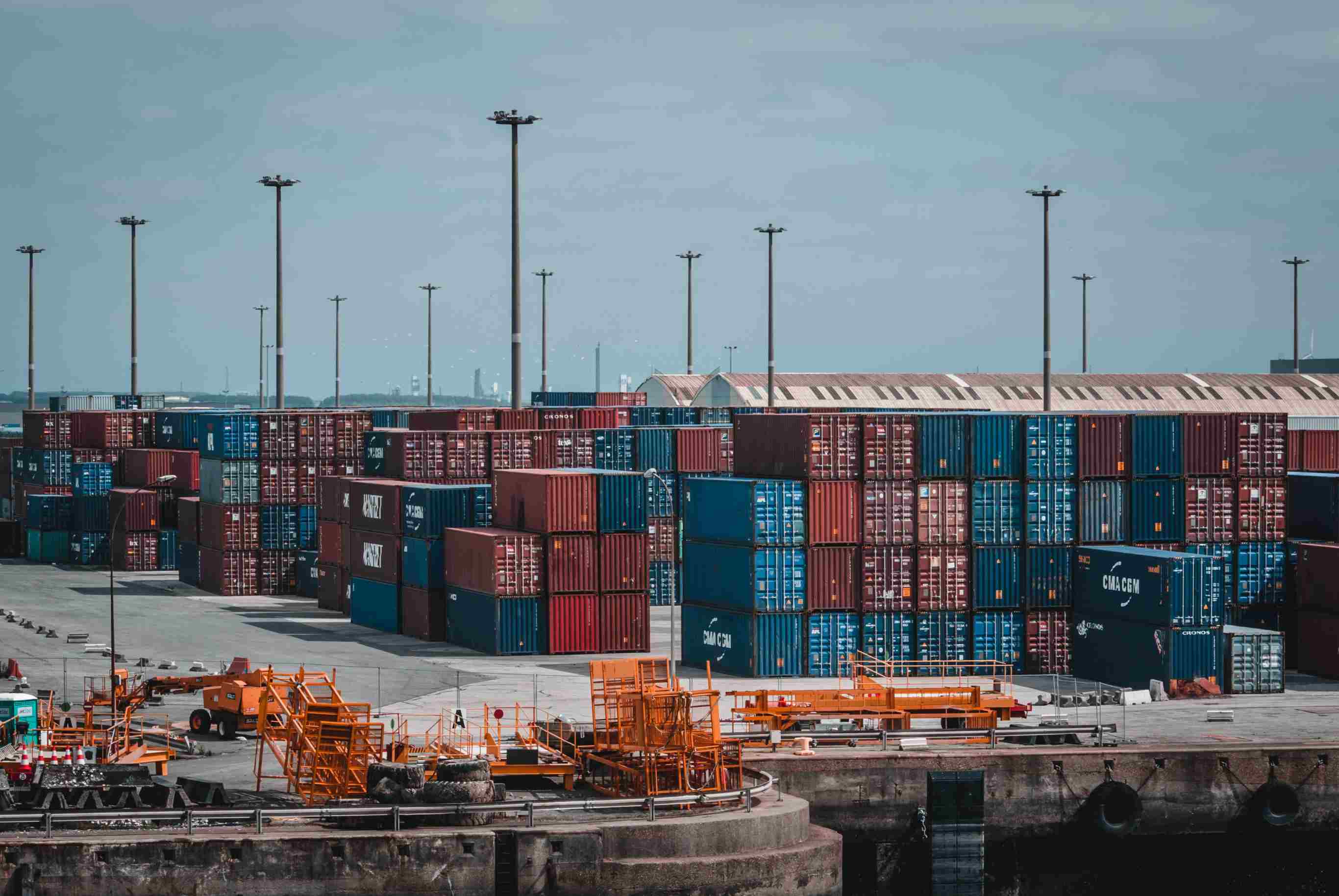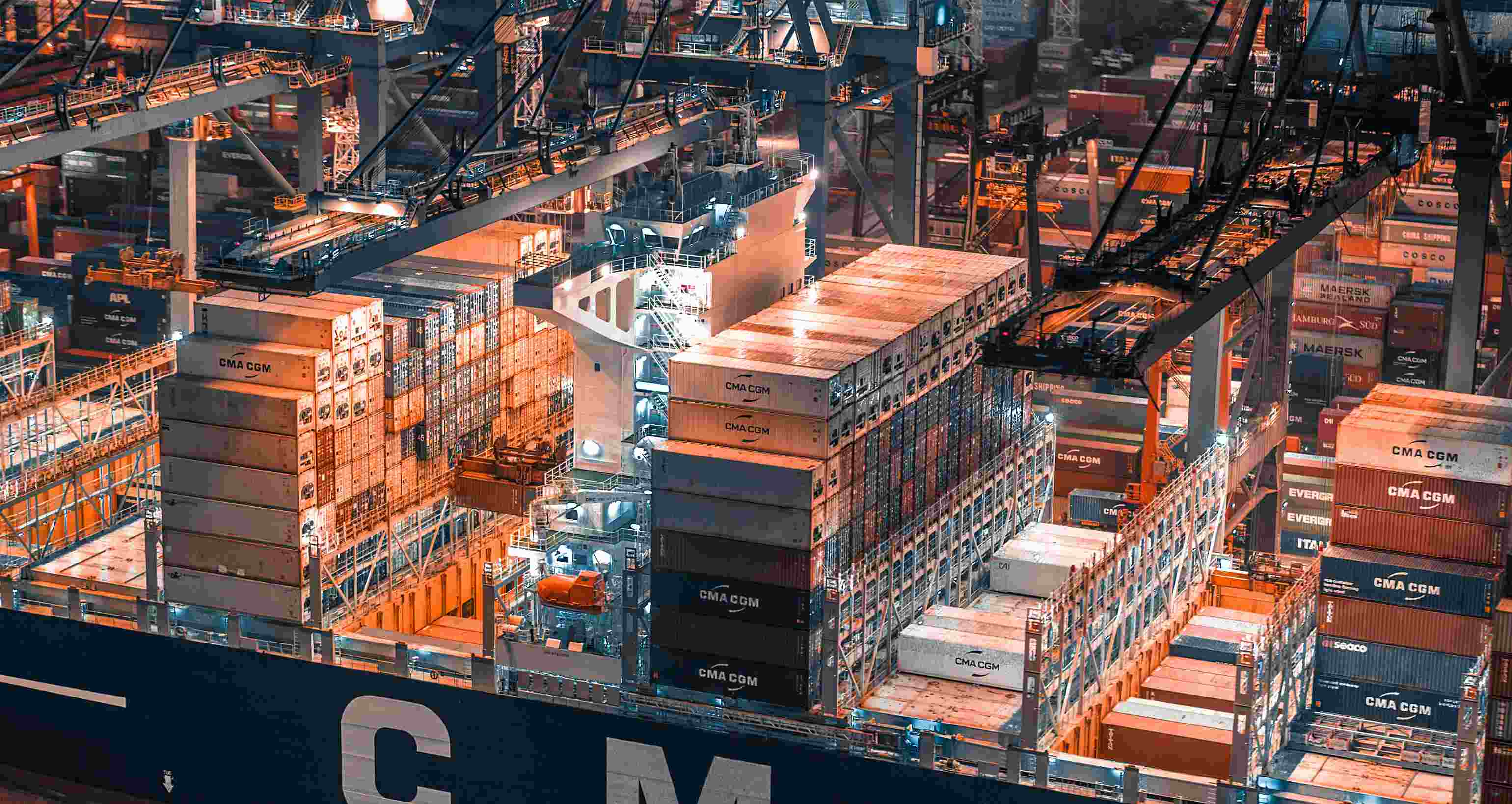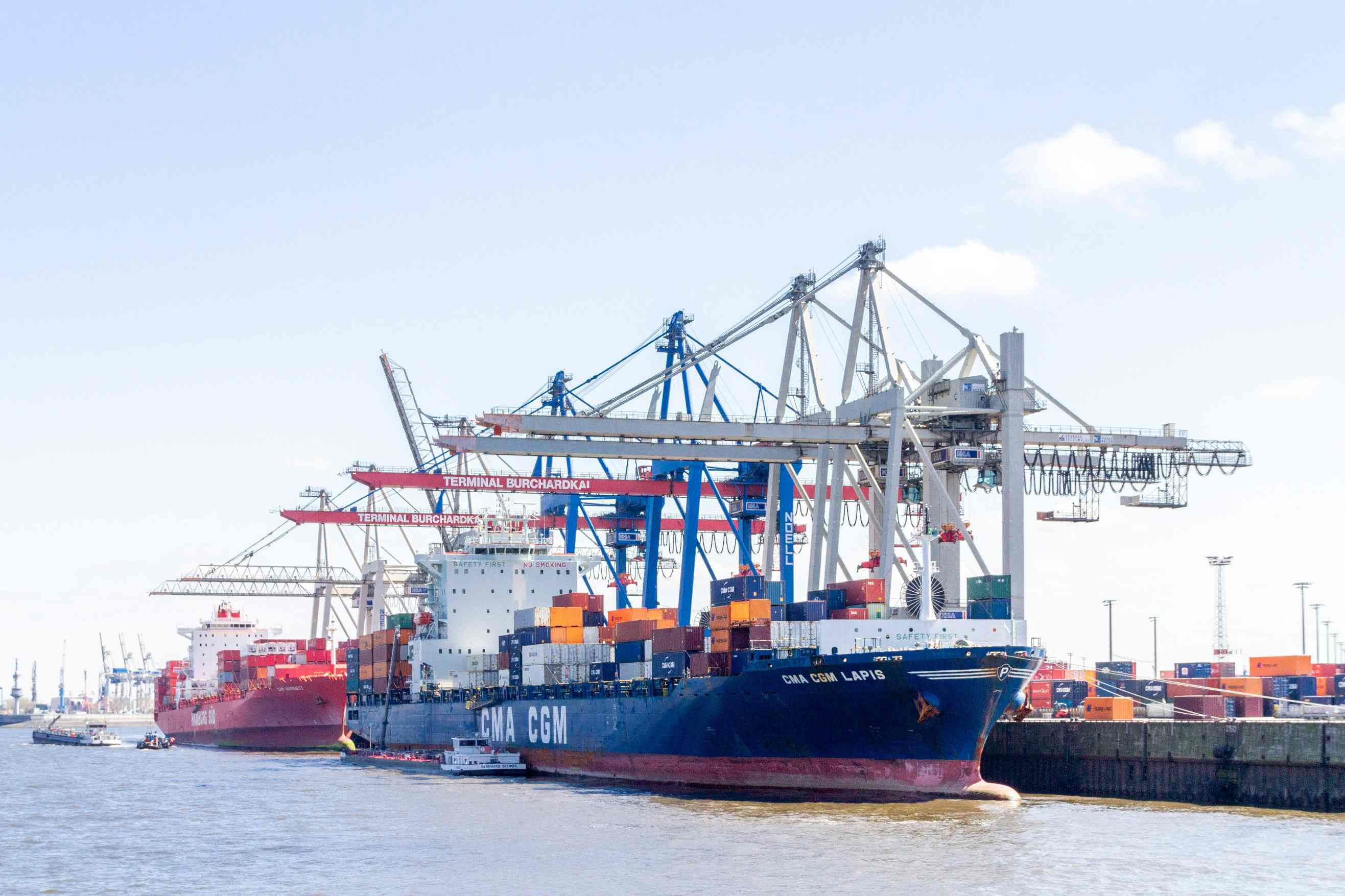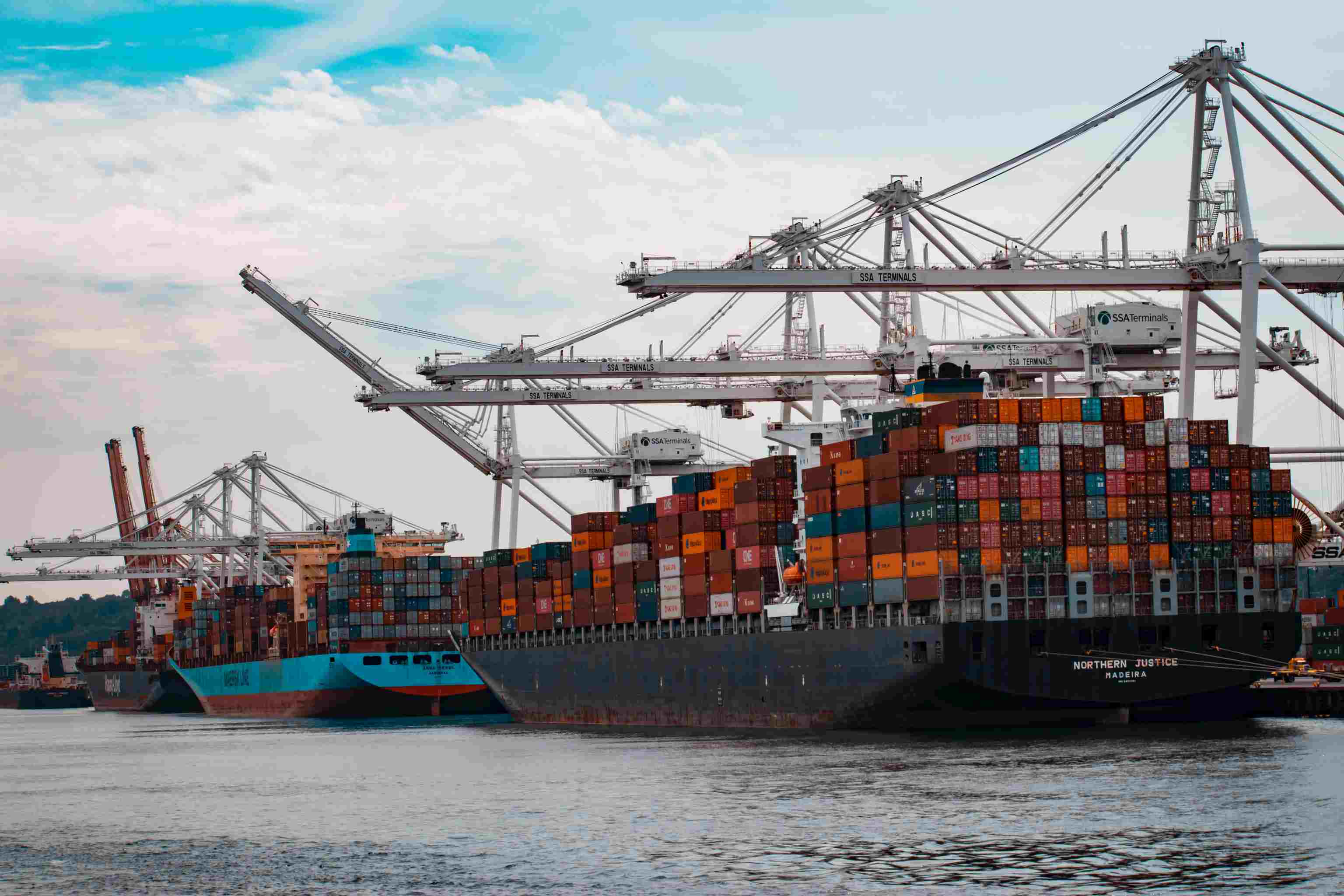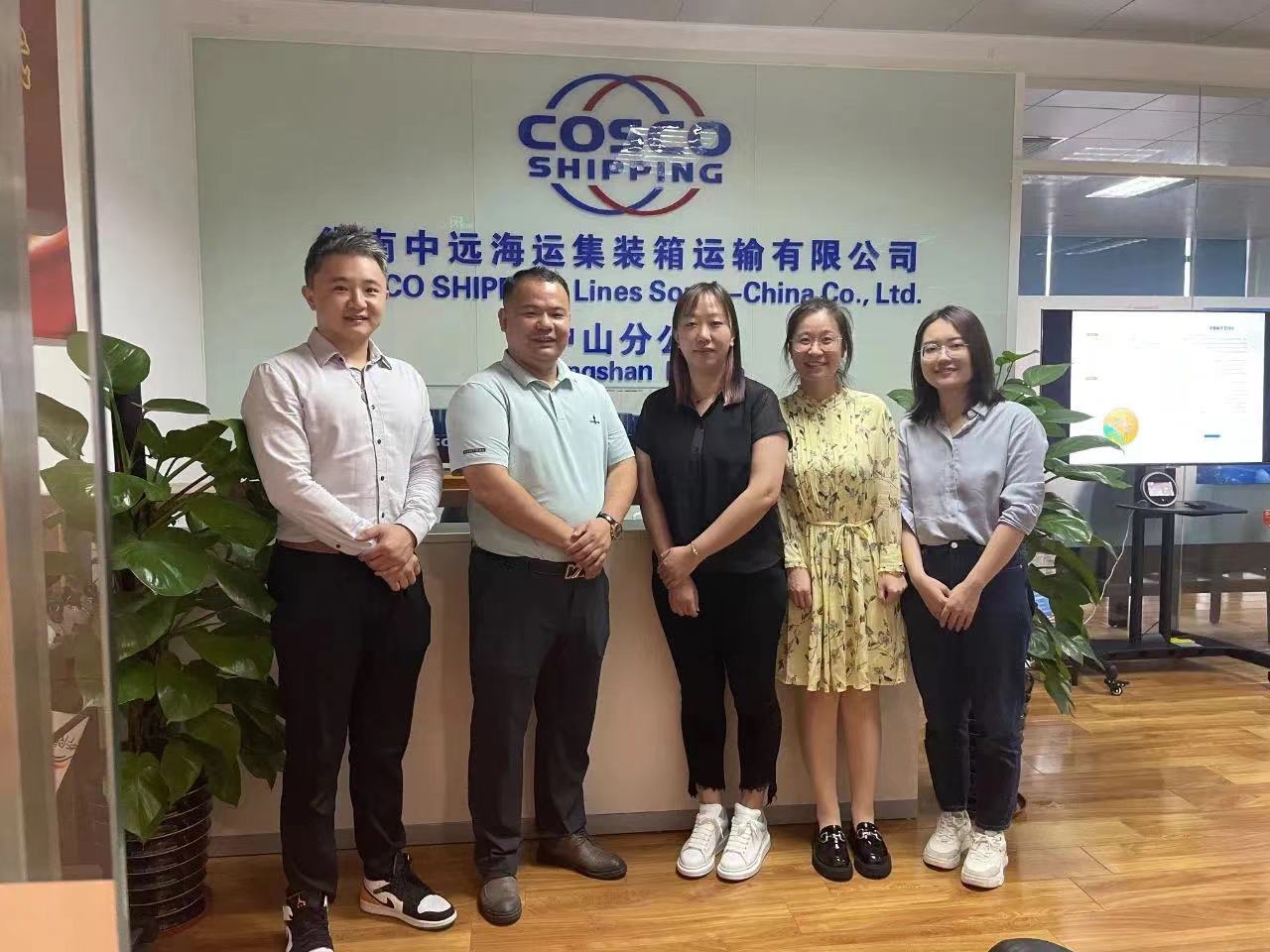Here comes the unmanned bulk carrier! The global shipping market is upside down
A super-large unmanned ore ship sailing from China to Australia. This kind of scene is no longer a dream, and it may be realized soon. What is certain is that in the next 10 years, the global shipping industry and the new shipbuilding market will usher in a sea change.
BHP Billiton wants to build "unmanned" bulk carrier fleet
BHP Billiton, the world's largest mining group, is developing an ultra-large autonomous “unmanned” bulk carrier that will be used to transport various minerals such as iron ore and coal. BHP Billiton expects this technology to be realized within 10 years. Once the plan is realized, the global shipping market will usher in a sea change.China ocean shipping
An article was published on BHP Billiton's official website. Freight Rashpal Bhatti, vice president of BHP Billiton, wrote: "As the most infringing dry bulk carrier, our ideal vision for the future is to use our natural gas as a power source for autonomous navigation cargo ships. Goods are being shipped all over the world, and in order to achieve this, we are already actively looking for technical partners. "
It is understood that BHP Billiton transports about 250 million tons of iron ore, copper and coal each year, requiring about 1,500 voyages. Once the unmanned ship is ready for use, it will save $ 86 billion in the iron ore transportation market alone. If coupled with the cooperation of unmanned trucks and unmanned trains, transportation costs will be further reduced.
According to the research consultant of the IDC Group in the United States, "At present, the most suitable deployment route for autonomous navigation cargo ships is the route from Australia to China. It takes only 10 days for iron ore to be produced and shipped to the port of destination, which is enough. Ensuring that manufacturers respond quickly and in real time to customer needs. "
Achieving autonomous control of commercial maritime transport as a global goal by 2025
BHP Billiton's desire to build an unmanned fleet is obviously optimistic about the future market prospects. With China ’s “One Belt One Road” plan, the world ’s demand for various raw materials will also have a blowout explosion. The consumption of steel alone will increase by about 150 million tons. The infrastructure construction related to the One Belt One Road will Spending more than 1.3 trillion US dollars, according to Credit Suisse's assessment, within the next five years, more than 300 billion US dollars of investment will be injected into 62 countries and regions along the Belt and Road. There is no doubt that such a huge market opportunity will Engage BHP Billiton firmly.
Like BHP Billiton, another mining giant, Rio Tinto Group, also said recently that the group will form a fleet of driverless trucks and will fully deploy driverless autonomous trains in Western Australia by the end of next year. For the next goal. It is understood that the Rio Tinto fleet transported 281 million tons of cargo in 2016, becoming the largest company in the global dry bulk shipping business. The company currently operates 17 own vessels and has signed leases for 200 vessels.
NuOrnulf Jan Rodseth, a scientist at the Norwegian Institute of Science, Technology and Industry (Sintef), said in an email recently that autonomous navigation vessels will change the design and operation mode of transport systems. If freight users, including BHP Billiton, are able to use this technology to build a new fleet of dedicated vessels, traditional ships and operators will lose their business. For traditional marine operators, this will undoubtedly be a complete disaster. disaster.
As the current leader of the global unmanned ship industry, Rolls-Royce has developed a virtual blueprint for unmanned ships and will begin sea trials by 2020. The long-term goal is to achieve transoceanic navigation by 2035. .
European and Japanese companies have recently cooperated to advance the research and development process of unmanned vessels with the support of the government. The goal is to achieve autonomously controlled commercial maritime transport by 2025.
Mikael Makinen, president of the Rolls-Royce Maritime Division, previously said that unmanned ships are as disruptive as smartphones and will completely change the landscape of ship design and operations.
When users realize the great value of a new technology, the market will certainly develop faster than expected. It has been almost 10 years since the global financial crisis broke out in 2008, and in the next 10 years, the shipping industry is bound to usher in a sea change. In this transformation, whether shipowners, shipyards, ship design companies or ship suppliers will face a complete reshuffle, and the update of tens of thousands of ships in the future will also bring new opportunities to the new shipbuilding market, but In terms of core technology, European shipping companies are clearly far ahead.
